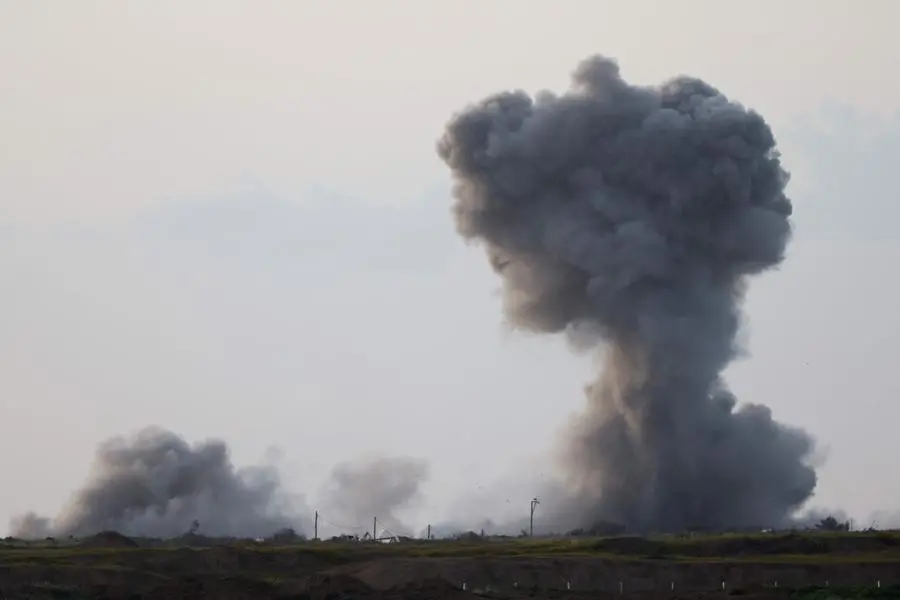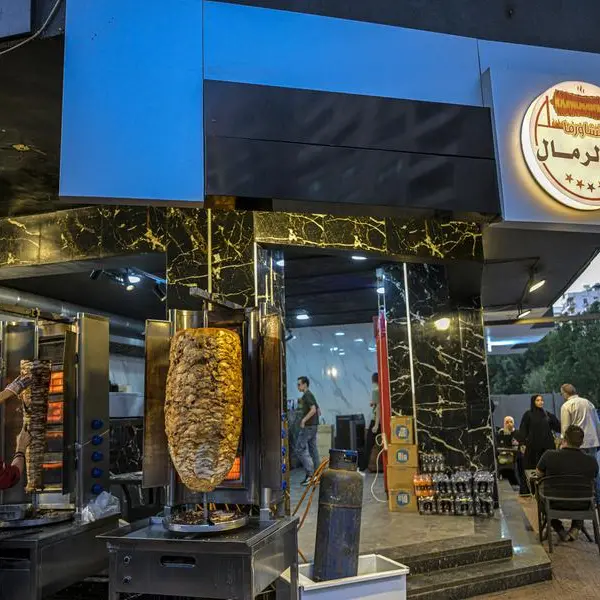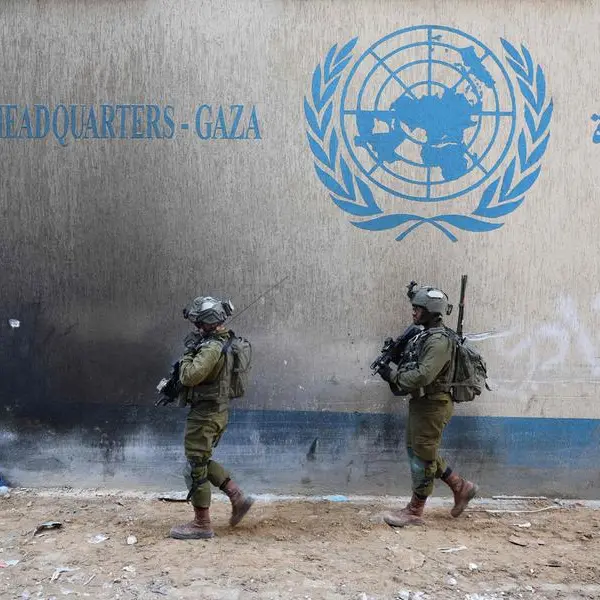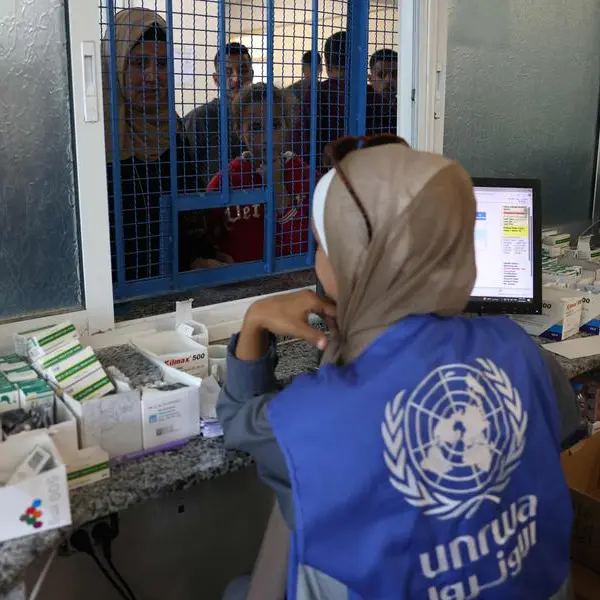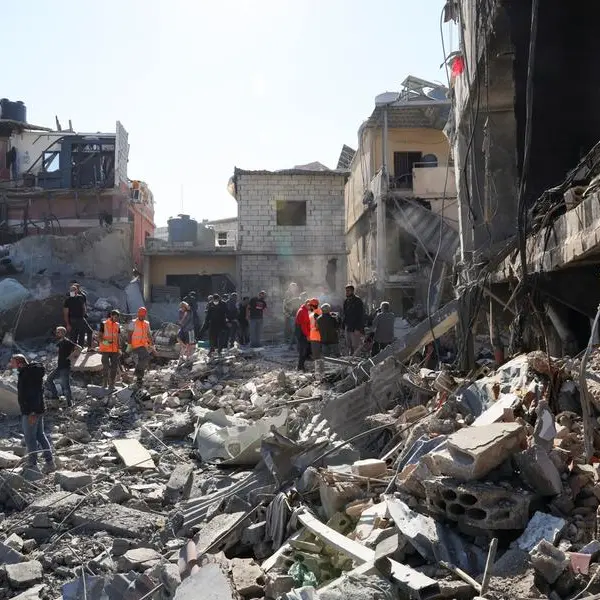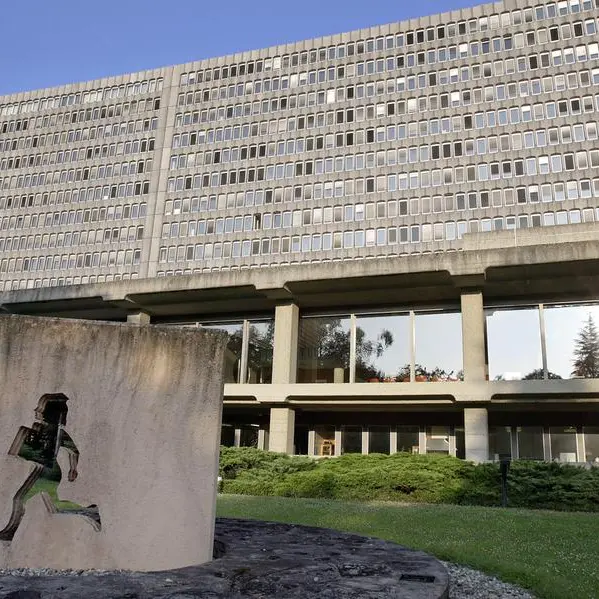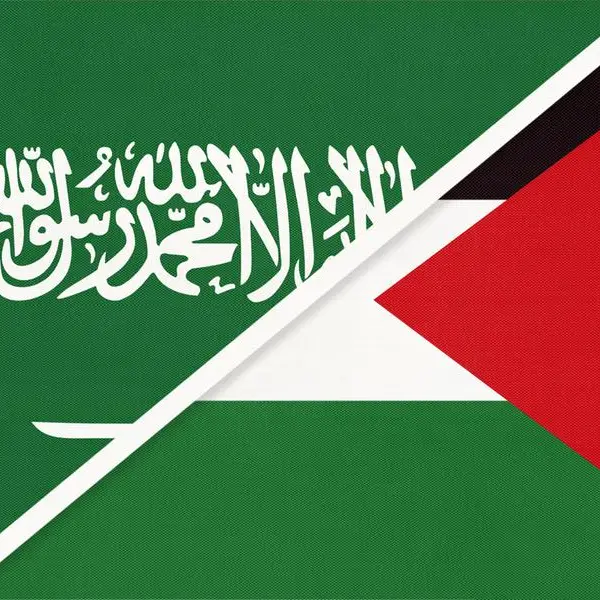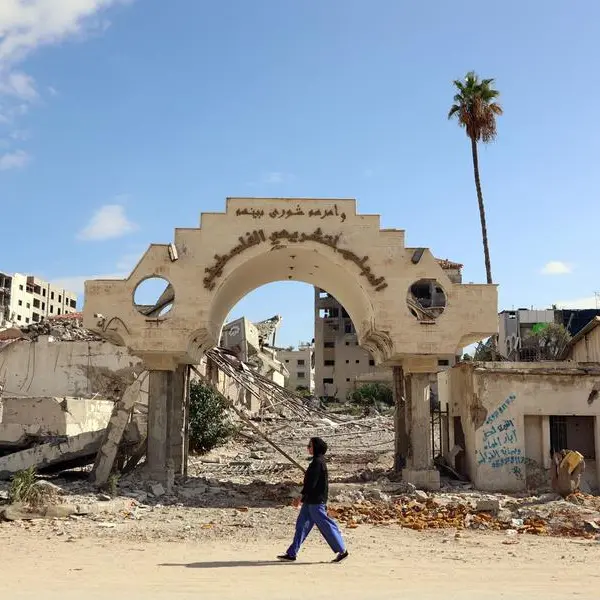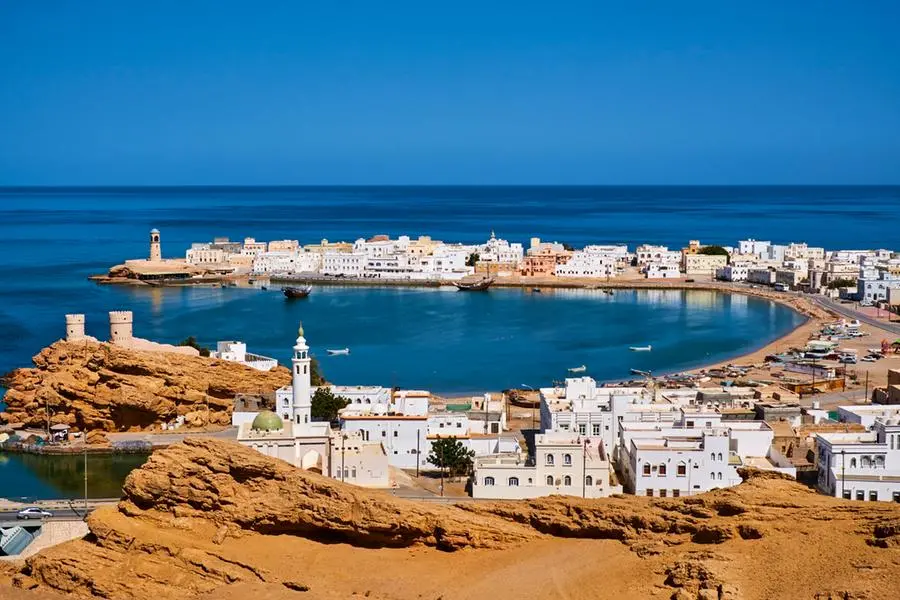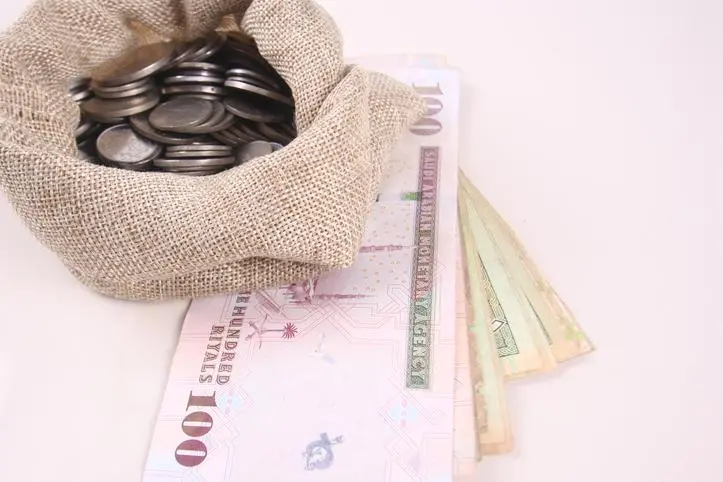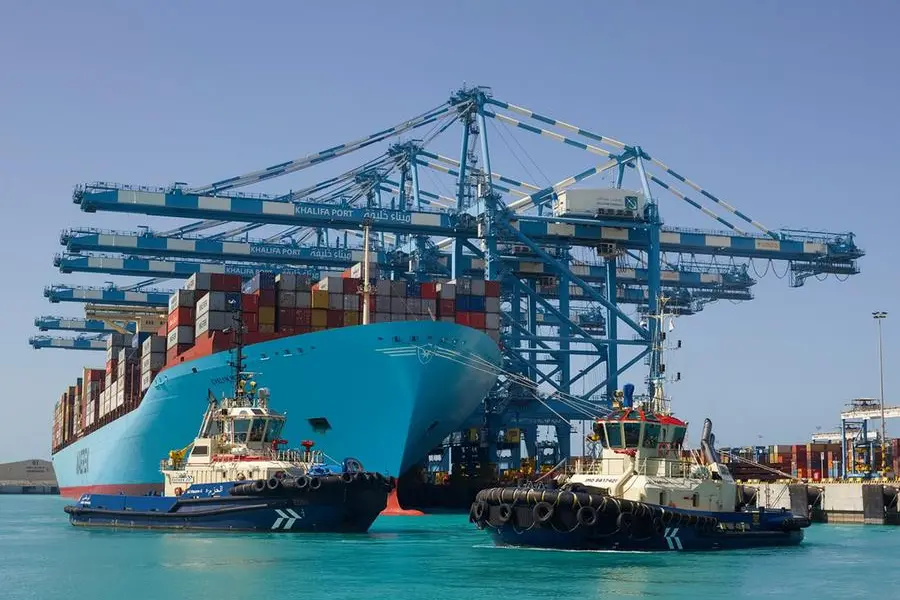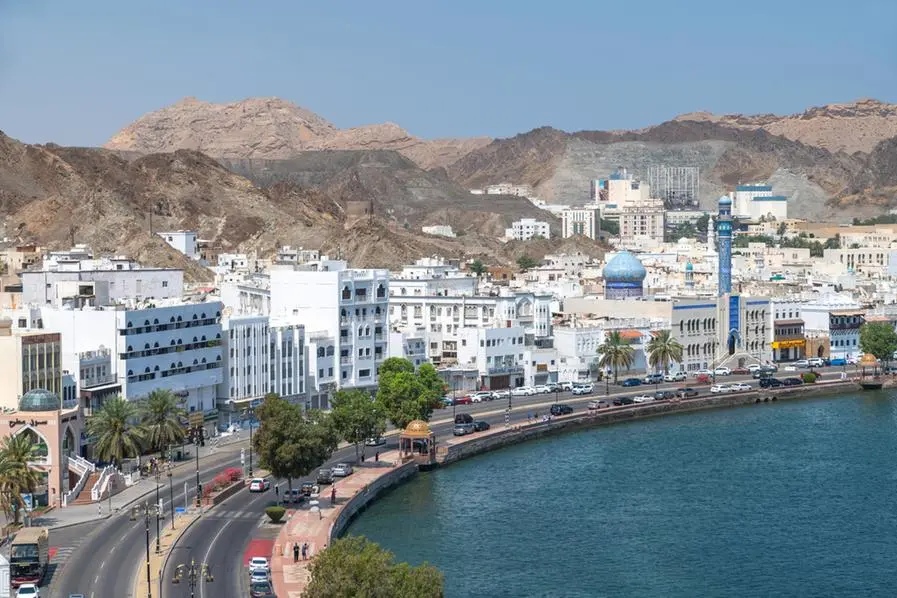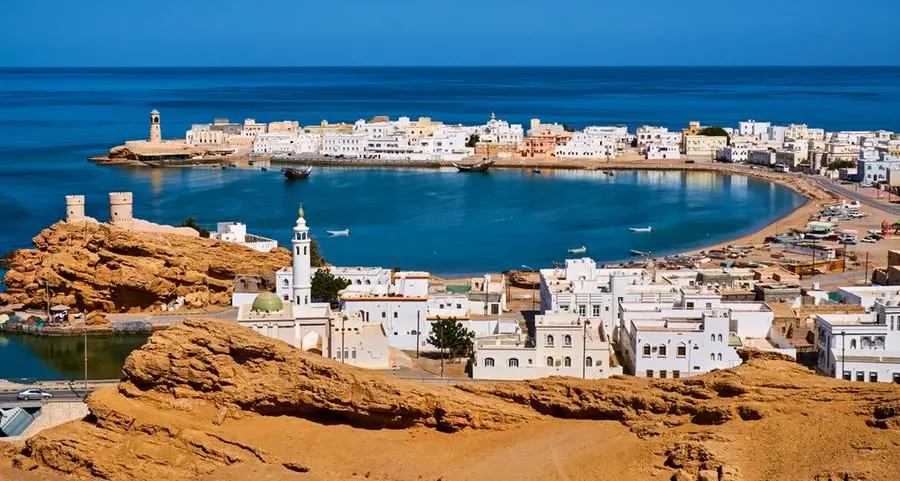PHOTO
Hopes dimmed on Thursday for a truce before Ramadan in the Israel-Hamas war that entered its sixth month with dozens more killed in Gaza, according to the health ministry in the Hamas-run territory.
The ministry said 83 more people had been killed over the previous day, adding to a toll it says has reached 30,800, mostly women and children, in a war that China called "a disgrace to civilisation".
President Joe Biden was set to announce he had ordered the US military to set up a port in Gaza to get more humanitarian aid into the beleaguered territory by sea, senior US officials said, cautioning it would take "a number of weeks".
In the wasteland of Jabalia, northern Gaza, Palestinians gathered to receive meals at a distribution point.
"There is no gas to cook our food on. There is no flour or rice," said Bassam al-Hou, standing beside large, blackened cooking pots among the rubble.
He said children "are dying and fainting in the streets from hunger".
Fighting began after an unprecedented October 7 attack by Hamas on southern Israel that resulted in about 1,160 deaths, most of them civilians, according to Israeli figures.
Israel has responded with a relentless bombardment, alongside a ground offensive, that Hamas on Thursday said had continued with more than 30 air strikes across the territory.
In Deir al-Balah in central Gaza, around 14 bodies lay in front of a hospital, the bare feet of some protruding from under coloured cloths.
Biden had urged Hamas to accept a ceasefire plan with Israel before the Muslim holy fasting month of Ramadan begins, as early as Sunday depending on the lunar calendar.
The proposed deal would pause fighting for "at least six weeks", see the "release of sick, wounded, elderly and women hostages" and allow for "a surge of humanitarian assistance", the White House said.
- Gaps 'being narrowed' -
But on Thursday, Hamas's delegation voiced dissatisfaction with Israeli responses so far and left Cairo for consultations with the movement's leadership in Qatar.
Egypt's Al-Qahera News channel said the talks will now resume "next week".
US ambassador to Israel Jack Lew denied the talks had "broken down".
"The differences are being narrowed. It's not yet an agreement. Everyone's looking towards Ramadan, which is coming close. I can't tell you that it will be successful, but it is not yet the case that it is broken down," Lew said.
Israeli war cabinet member Gadi Eisenkot said Hamas was under "very serious pressure" from mediators to make a "counter-offer".
"Then it will be possible to advance it and take a position," he said.
As talks drag on, the United Nations has warned repeatedly that famine looms in the territory.
"It is a tragedy for humankind and a disgrace for civilisation that today, in the 21st century, this humanitarian disaster cannot be stopped," said Chinese Foreign Minister Wang Yi.
By late January the war had damaged around half of all buildings in Gaza and rendered the territory "uninhabitable" for its 2.4 million people, a UN agency said.
The health ministry on Wednesday said 20 people had died of malnutrition and dehydration, at least half of them children.
- 'Airdrops won't avert famine' -
Biden was set to announce the new aid port for Gaza in a keynote address to Congress later Thursday, officials said, in a sign of the acute political pressure he is facing over his steadfast support for Israel despite the worsening humanitarian crisis.
The officials underlined that the announcement will not involve any US boots on the ground, as military personnel will stay offshore while allies manage onshore operations.
"This port, the main feature of which is a temporary pier, will provide the capacity for hundreds of additional truckloads of assistance each day," a senior administration official told reporters on condition of anonymity.
"We're not waiting on the Israelis. This is a moment for American leadership," one official told reporters, in a sign of growing White House frustration with Israel's failure to allow more relief into Gaza.
US officials said the "significant capability will take a number of weeks to plan and execute," and would involve a maritime aid corridor from Cyprus.
European Commission president Ursula von der Leyen is expected in the Mediterranean island on Friday for talks on the planned corridor, which the Cyprus government has been pushing for months.
In the meantime, the US military continued to airdrop aid into Gaza.
Jordan's military said aircraft from Belgium, Egypt, France and the Netherlands had also taken part in the latest US-Jordanian operation.
The UN's World Food Programme warned the volume of aid that could be airdropped would do nothing to avert famine in Gaza.
"In order to avert a famine, we need huge volumes of assistance. We are talking about hundreds of thousands of people. Airdrops are not an option for averting famine," said WFP Deputy Executive Director Carl Skau.
In the grey ruins of Khan Yunis, southern Gaza's largest city, dozens of people went to inspect their homes after Israeli forces pulled out of the city centre, an AFP correspondent said.
Gaza's Civil Defence agency said Israeli forces "destroyed all water, sewage, electricity, communications, and road networks" in central Khan Yunis.
The army has yet to respond to an AFP request to confirm a withdrawal from the area.
During the October 7 attack, militants also took around 250 Israeli and foreign hostages, some of whom were released during a week-long truce in November. Israel believes 99 hostages remain alive in Gaza and that 31 have died.
Israeli Prime Minister Benjamin Netanyahu has faced increasing public pressure over the fate of hostages still held, and from a resurgent anti-government protest movement.
He has vowed to press on with the campaign to destroy Hamas, before or after any truce deal.
